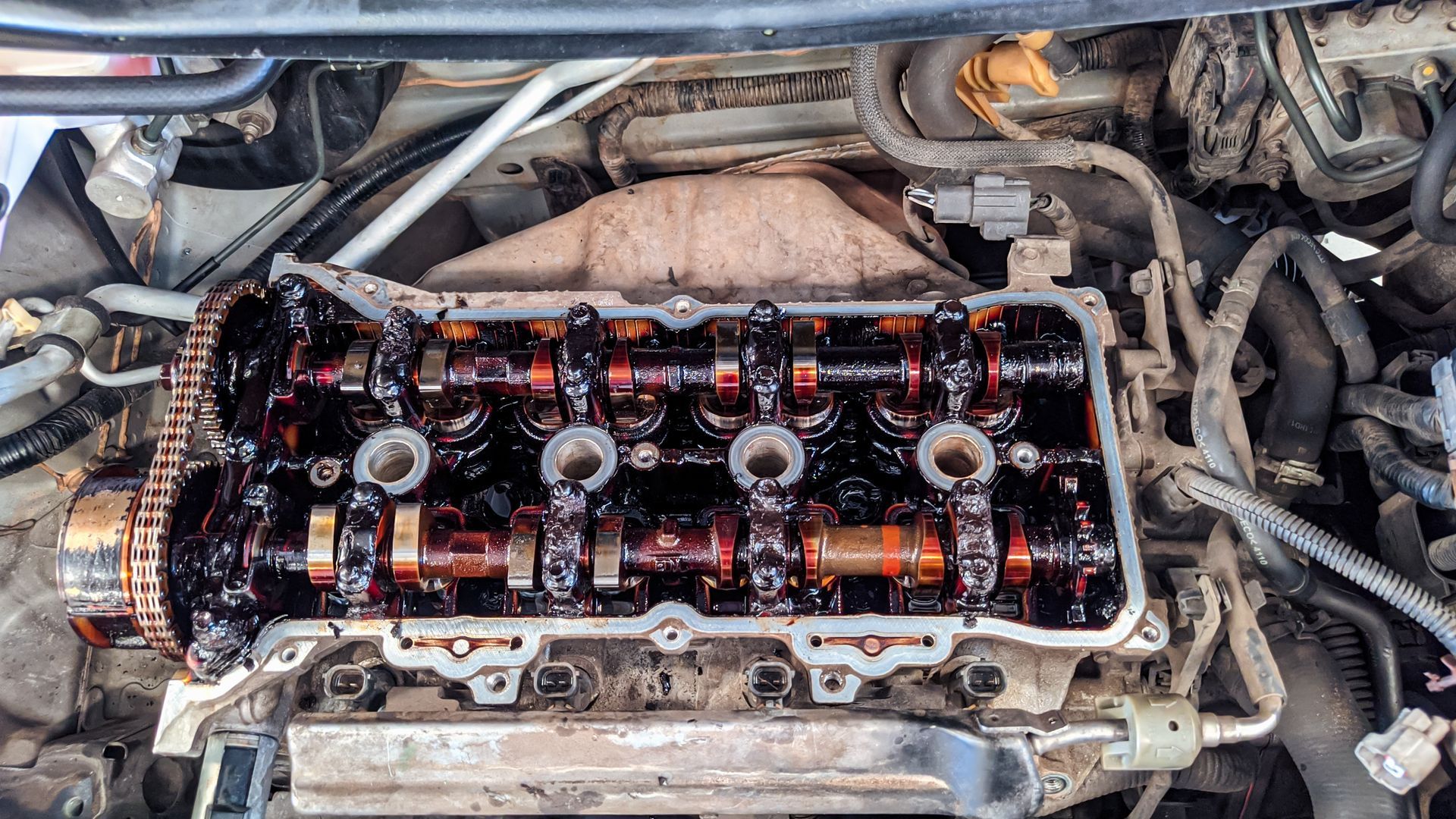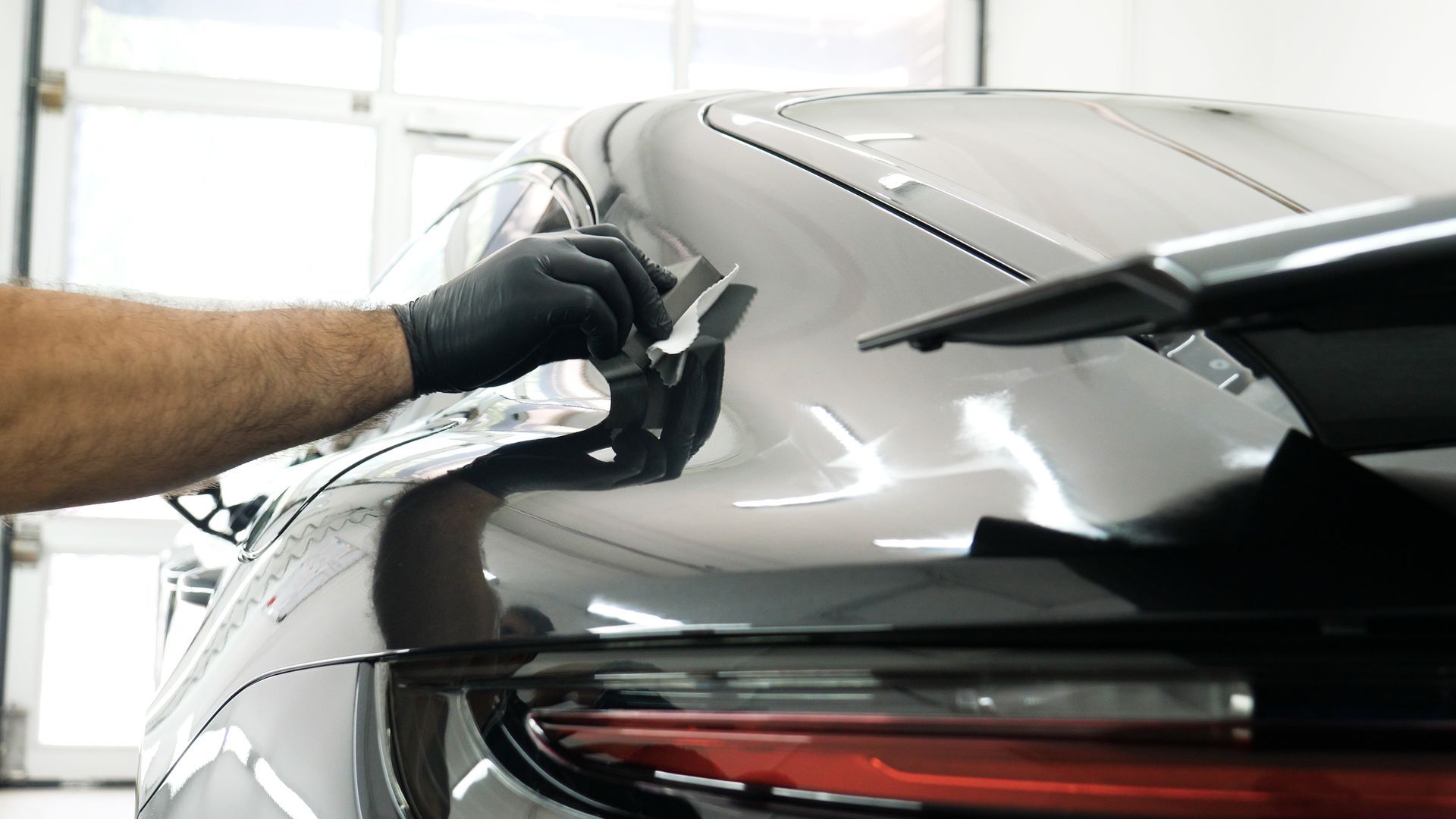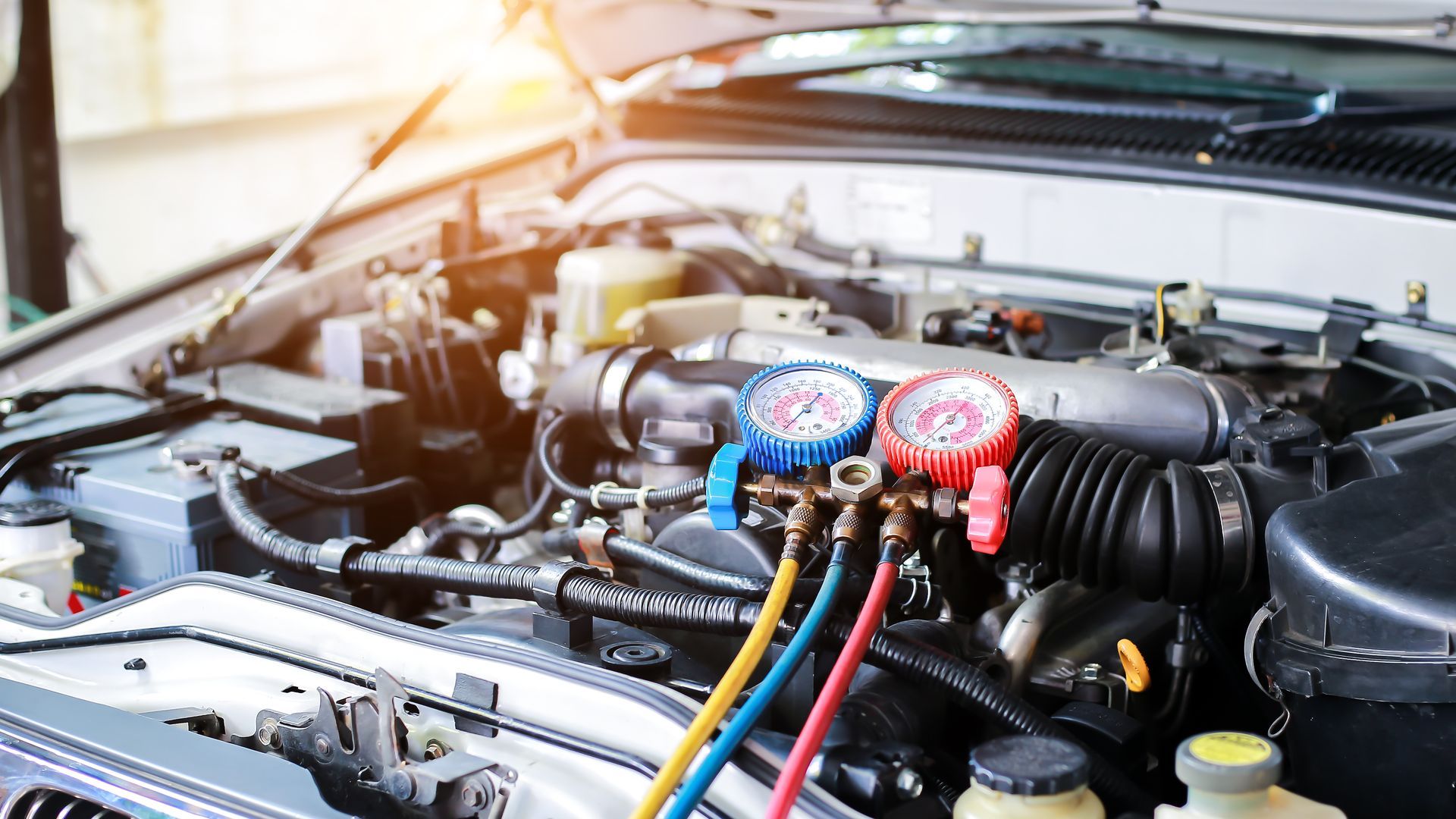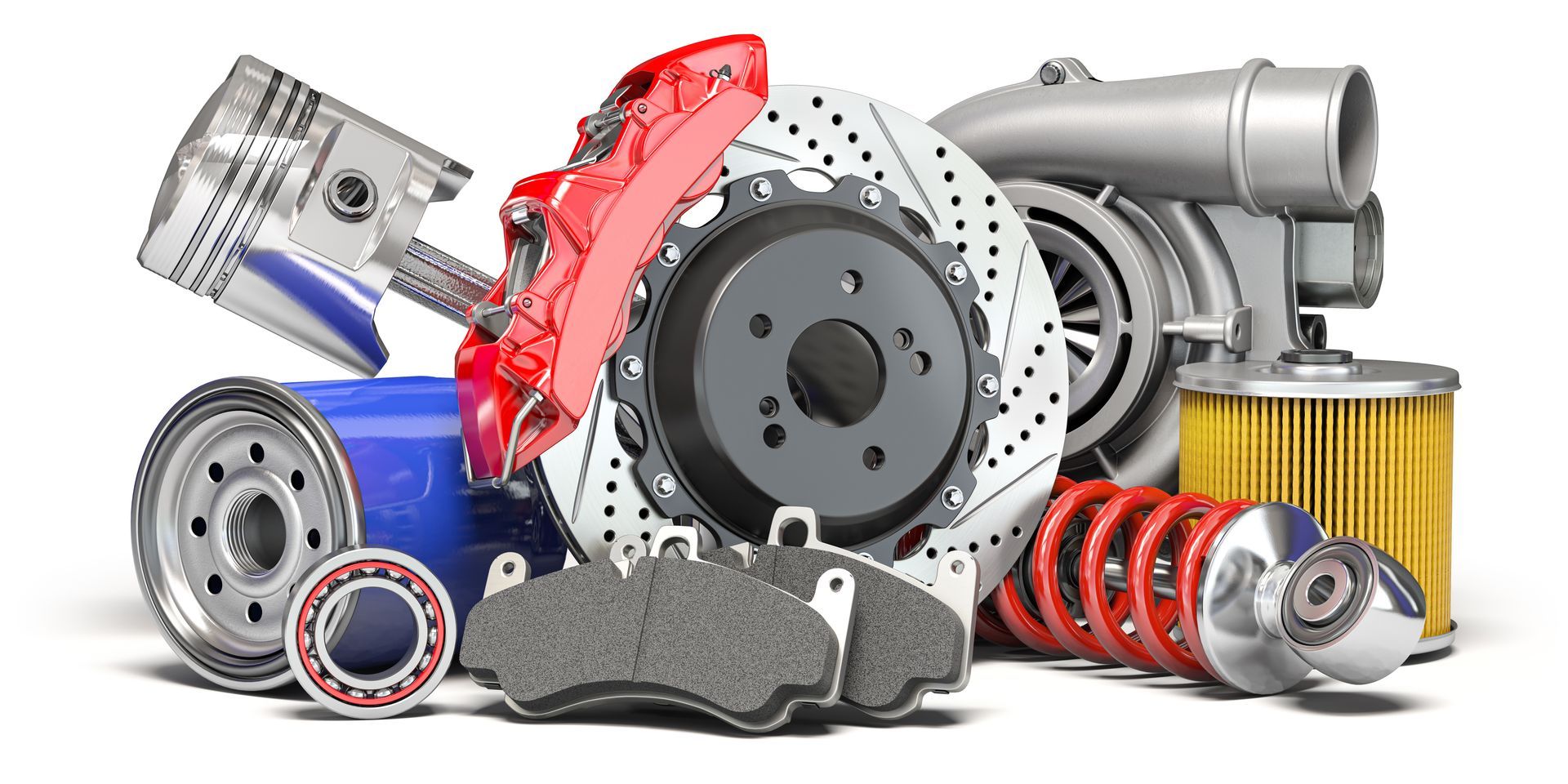Seeing oil spots under your BMW can be frustrating, especially if the vehicle still runs smoothly. But even small leaks can lead to serious problems over time if ignored. Whether you're driving an older model or a newer one, BMWs are known for developing oil leaks at certain points due to the materials used in seals and gaskets, engine design, and heat cycles.
If you’ve noticed dark spots on your driveway or a burning oil smell after parking, it’s time to investigate. Here are the most common causes of oil leaks in BMWs and what it typically takes to fix them.
Valve Cover Gasket Leaks
This is one of the most frequent oil leaks in BMW engines, especially for models with six-cylinder configurations. The valve cover gasket sits on top of the engine and seals the space between the valve cover and cylinder head. Over time, the rubber gasket can harden and crack due to engine heat, allowing oil to seep out.
Signs of a valve cover leak include oil on the engine block, a burning oil smell, or oil pooling in the spark plug wells. Left unresolved, it can damage ignition components or cause misfires.
Oil Filter Housing Gasket Issues
BMWs often have the oil filter housing mounted to the side of the engine block. The gasket between the housing and the block is another frequent failure point. This leak can be difficult to spot because oil often drips behind the engine or gets blown around the engine bay.
This gasket is also positioned near the serpentine belt, so leaking oil can contaminate the belt and lead to premature wear or slippage. Replacing the gasket typically requires some disassembly, but it’s a well-documented repair on many BMW platforms.
Oil Pan Gasket Leaks
The oil pan sits at the bottom of the engine and holds the engine’s oil supply. Its gasket can start to leak as the material breaks down or if the pan becomes slightly warped. Oil pan gasket leaks often show up as slow drips directly under the engine. While not always urgent, they can gradually reduce oil levels and make a mess.
On some BMW models, accessing the oil pan requires removing other components like the front subframe. That’s why some drivers wait to address this leak until other repairs are being made nearby.
Rear Main Seal Failure
The rear main seal is located between the engine and the transmission, making it one of the most labor-intensive oil leaks to repair. It seals the back end of the crankshaft and prevents oil from leaking where the engine connects to the drivetrain.
When this seal fails, oil may leak between the engine and transmission housing, often showing up as a drip from the center rear of the engine bay. While less common than valve cover or oil filter housing leaks, rear main seal failures can cause significant oil loss and should not be ignored.
Turbo Oil Line Leaks
For turbocharged BMWs, oil lines feed and return lubrication to the turbochargers. These lines have seals that can leak over time, especially with the added heat generated by turbo systems. Oil leaks from these lines may appear near the rear of the engine or around the exhaust area.
These leaks can be tricky to detect without a thorough inspection, and they can lead to smoking, increased oil consumption, or turbocharger performance issues.
PCV System and Oil Separator Problems
The Positive Crankcase Ventilation (PCV) system manages engine pressure and vapor recirculation. BMWs often use an integrated oil separator, which can fail and allow oil vapor to condense and leak externally. These leaks can mimic valve cover gasket failures or cause oil to enter the intake system.
Symptoms might include increased oil consumption, visible oil around the intake manifold, or a rough idle due to air leaks.
What to Do if You Notice a Leak
If your BMW is leaving oil spots or you suspect a leak, the best step is a full inspection. Pinpointing the source early helps prevent additional damage to nearby components like belts, hoses, and wiring. Driving with a leak might seem harmless at first, but low oil levels can quickly lead to engine wear, overheating, or more expensive repairs.
Let Adler Rennsport in Orlando, FL, Diagnose and Fix the Leak
BMW oil leaks are common, but they’re also fixable with the right tools and expertise. At
Adler Rennsport in Orlando, FL, our team inspects for common and hidden leak points, explains the repair process, and helps keep your BMW running clean and strong. If you're spotting oil on your driveway, schedule a diagnostic visit today.








